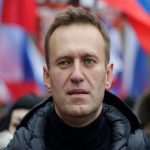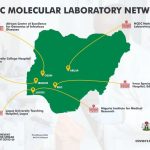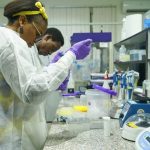Germany has said on Monday that two more European laboratories have confirmed its own findings that Russian opposition leader Alexei Navalny was poisoned with a Novichok nerve agent, ramping up the pressure on Moscow to shed light on the case.
Hitting back at doubts raised by Russia about the German investigation, Chancellor Angela Merkel’s spokesman Steffen Seibert said Germany had asked France and Sweden “for an independent review of the German evidence on the basis of new samples from Navalny,” who is receiving treatment in Berlin.
He said Germany was still waiting for the outcome of a separate evaluation by the OPCW global chemical weapons watchdog.
On the basis of the findings by the three European laboratories, however, Mr Seibert said Germany was “renewing its call for Russia to make a declaration on the events” of the case.
Navalny according to Charite hospital in Berlin has now emerged from a medically induced coma and is responding to speech.
Germany said two weeks ago there was “unequivocal evidence” that he was poisoned with Novichok but Russia has angrily dismissed the findings, saying its doctors found no trace of poison.
Western politicians have insisted the incident appears likely to have been state- ordered and urged Moscow to prove its lack of involvement.
The case has prompted international calls for Russia to carry out a transparent investigation or risk sanctions, but the country has not opened a criminal probe.
Kremlin spokesman Dmitry Peskov said that Russia took offence “when other countries dictate to us what legal procedures we should start and when”.
He insisted Russia “de facto” is probing the incident, but cannot open a criminal case “on the basis of tests by the German side, especially when carried out in German military labs.”














